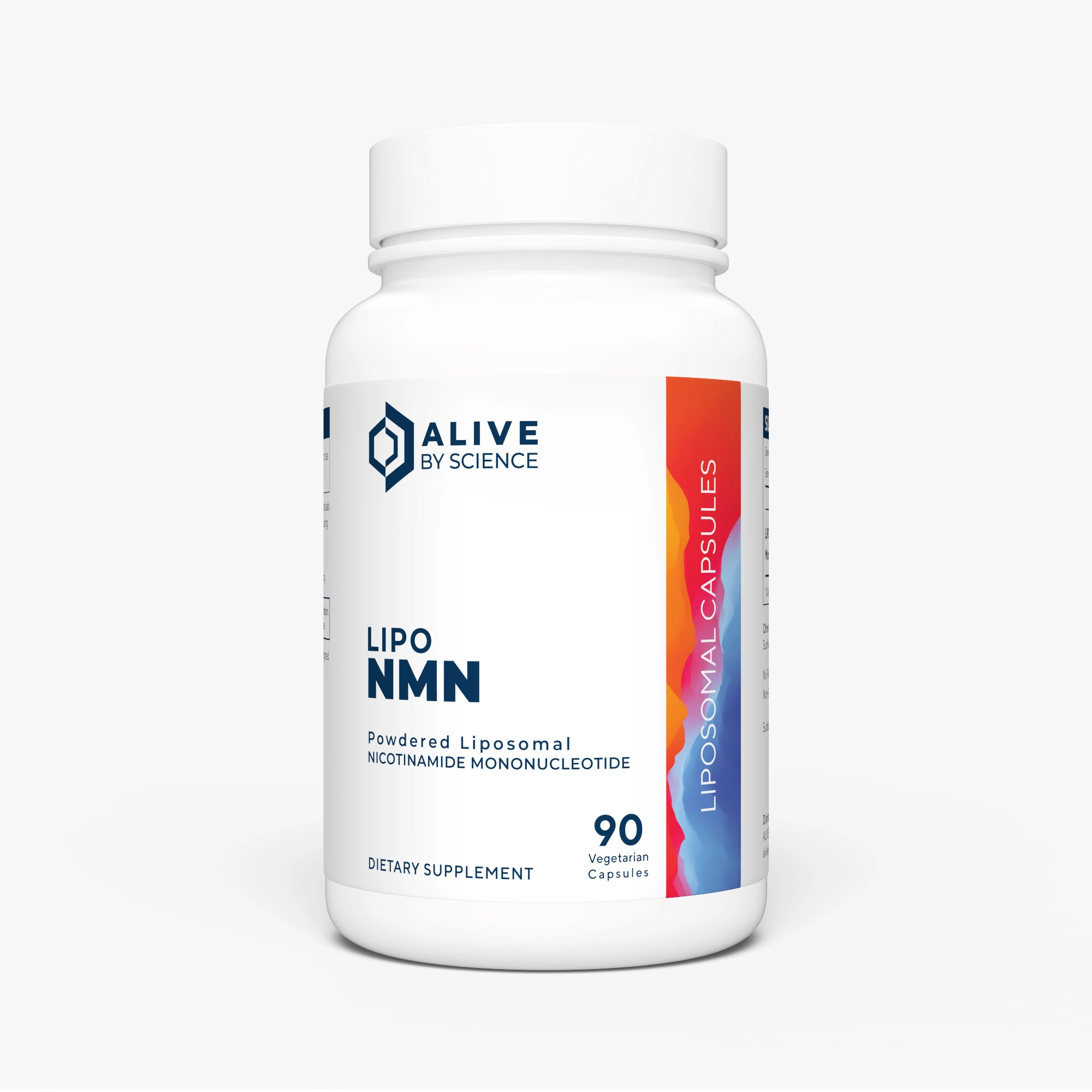Olive oil, the liquid gold of Mediterranean cuisine, not only refines every dish, but is also super healthy. But what about the olives themselves?Are olives healthy?Because while some olives awaken happy associations with their last Mediterranean vacation and they barely get enough of it, others prefer to put them outside the box. We want to know: are olives healthy or maybe just fatty calorie bombs? What about the so-called polyphenols? And what exactly are the differences between green and black olives?
The difference between green and black olives
Green olives are harvested before they are ripe, while black olives are fully ripe. For this reason, black olives are more nutritious than green olives and have a slightly tart and fuller taste. Both forms are inedible when freshly harvested due to the many bitter substances, which is why they are only available from us in pickled form. For example in garlic marinades, water or brine. Since green olives take less time to ripen and are therefore cheaper to produce, they are often offered in black color. But whether black or green: both olives are healthy. The black one, however, a bit more due to the slightly higher nutrient content.
How do I recognize colored olives?
You can recognize colored olives by the fact that they are usually pitted and soaked in a liquid. Their outer coloring is even. Their surface is also mostly smooth. If you cut through the olive, on the other hand, you can often see a light, dark green color on the flesh in the middle. Long-ripened olives, on the other hand, usually still have their core and are marinated in a dry marinade. Their surface is rather wrinkled and their external coloring is irregular.
Olives are healthy because they are dense in nutrients and low in calories
Olives are particularly rich in micronutrients such as iron, phosphorus, calcium, sodium and vitamins B1, B2, B6, B9 (folic acid), C and E and provitamin A. At the same time, they are low in carbohydrates and, as an oil supplier, are up to 140 kcal (green) 185 kcal (black) per 100 g surprisingly low in calories. That is why they can also be enjoyed as a healthy snack in between. This makes them a perfect alternative to chips and other unhealthy nibbles. You should only be a little more cautious with heavily salted olives or olives pickled in oil.
In addition, olives are associated with many health benefits, which, in addition to the nutrients mentioned, are primarily due to the following two natural ingredients:
1. Olives are rich in oleic acid
Olives have a fat content of 14%. 75% of it is the simple, unsaturated oleic acid, which promotes health on many levels:
It has a positive effect on blood pressure and the LDL / HDL ratio of the cholesterol level and is also anti-inflammatory. In this way, oleic acid supports overall cardiovascular health by reducing the risk of arteriosclerosis and thus also of stroke and heart attack.
Oleic acid protects against type 2 diabetes because it increases insulin sensitivity
it helps preventive against dementia as it increases brain performance
2. Olives contain important phytochemicals
The olive contains bitter substances. These are secondary plant substances. They are essential for a healthy diet because they:
activate the body’s own sirtuins, which support resilient health, reduce biological age, prevent muscle breakdown, stimulate the metabolism and ensure a healthy complexion.
The phytochemicals also include the polyphenols, which serve the body as antioxidants by protecting it from free radicals and, in addition to oleic acid, have an anti-inflammatory effect
Conclusion: are olives healthy? Of course yes!
Olives have an anti-inflammatory effect and thus prevent many inflammation-related diseases. They activate sirtuins and thus have a positive effect on biological age. Last but not least, they promote cardiovascular health. At the same time, they are relatively low in calories. This makes them a perfect alternative for hearty snacks. Which is why we should enjoy them every day at every opportunity. In fact, even the Spanish Nutritional Society recommends eating an average of at least 7 pieces a day. The answer to the question “Are olives healthy?” Is clearly yes.
Olives: a contender for the ProLon® Superfoods Hall of Fame?
That makes the olive not only a superfood for us, but also a perfect candidate for the ProLon® ingredients.
ProLon® Beans & Butternut: intermittent fasting now with a new taste!
The new ProLon® flavors have also been available in market since July 9, 2020.
Get 15% OFF your ProLon order with code PROLON15 at checkout!
Read also
My experience with the PROLON kit -A diet close to fasting reduces the effects of aging








